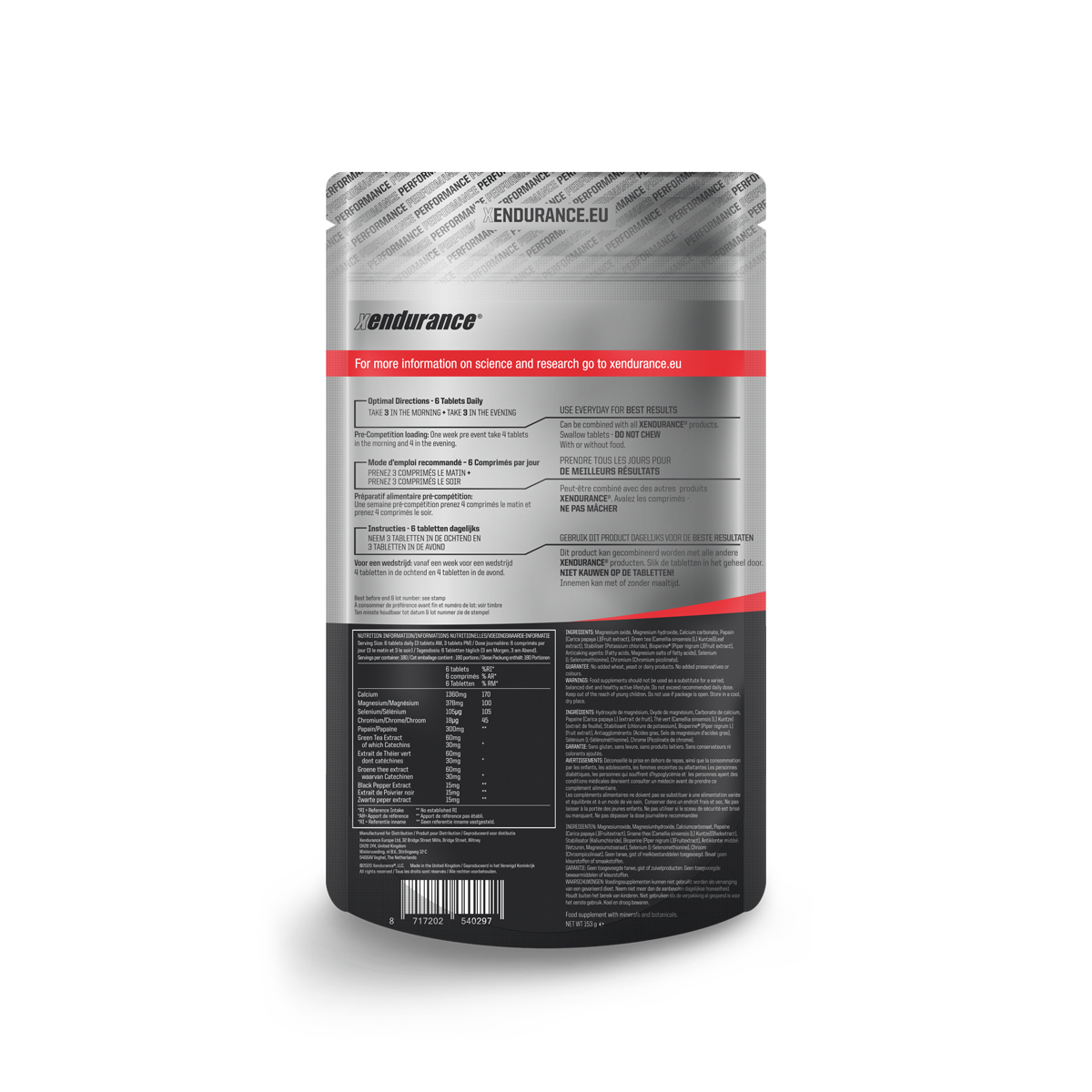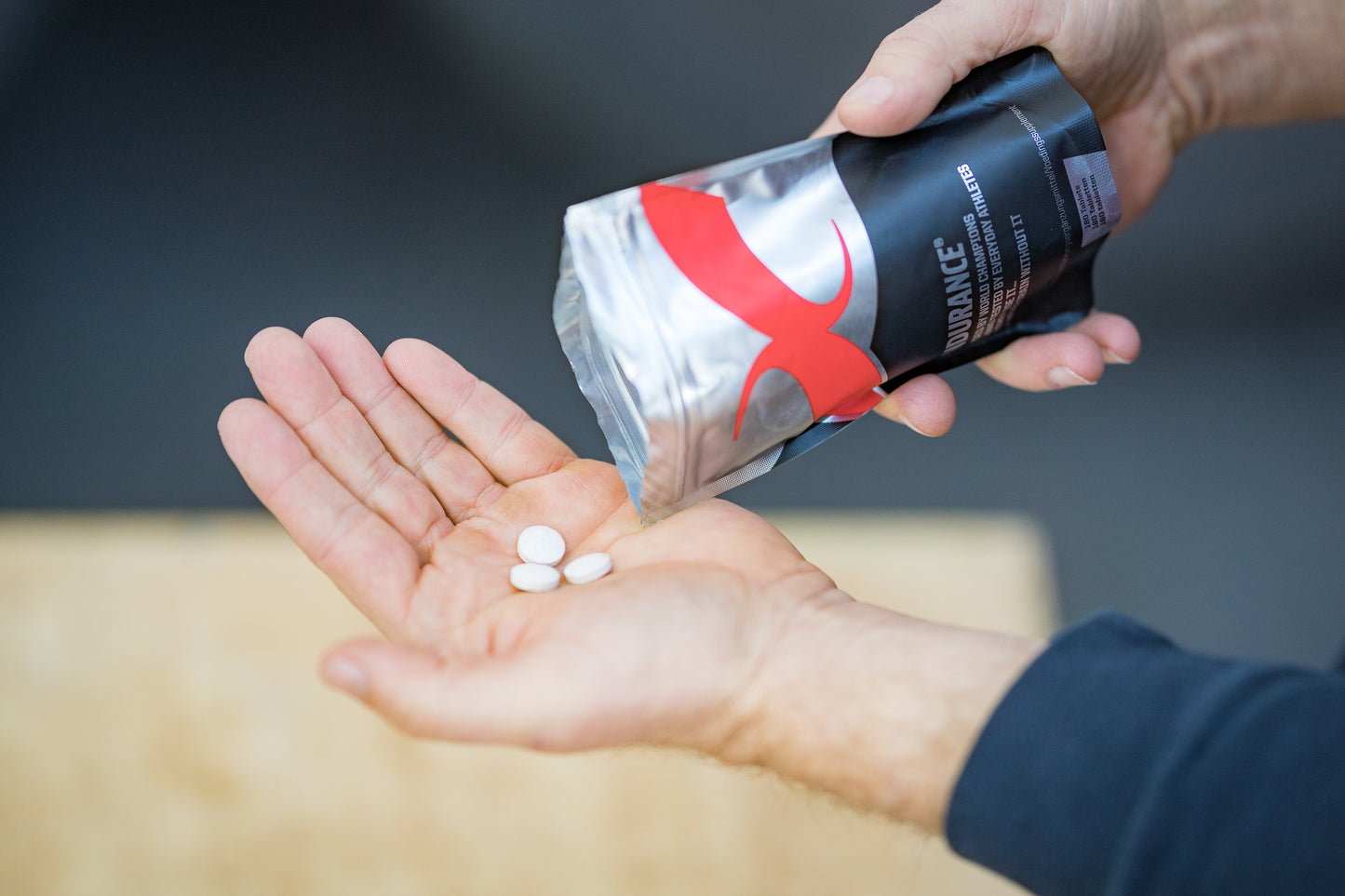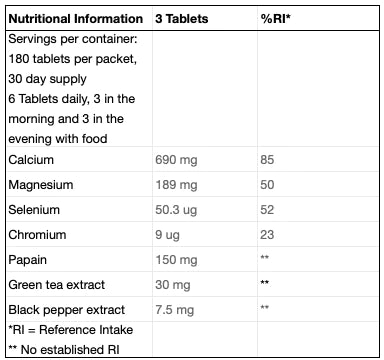Share
It’s that time of year again—racing and events are back on again.
All the training has been done, nutrition plans have been nailed down and taper programs are carefully charted. All that is left to do is rest up and wait for the big day. One of the better pieces of advice I have received over the years is this: “There is nothing you can do in the last 10 days that will make you faster, but there is a whole lot of stuff that will make you slower.” One of the rarely addressed but often pondered questions has to do with pre-competition sex. Will it make you slower? Or faster? The myths abound, but what does science have to say about a little action before the big day?
For years, football coaches, Olympic athletes and even Muhammad Ali have advocated abstinence the night before an athletic event. Marty Liquori, once ranked as the world’s top 1,500 and 5,000m runner, believed that “Sex makes you happy, and happy people don’t run a 3:47 mile.” Marv Levy, head coach of the Buffalo Bills, insisted that the team be separated from their wives before competing in Super Bowls, but his policy was less than successful—four losses in four Super Bowls. On the other hand, there are plenty of anecdotal stories of athletes who claim to have benefited from sex the night before an event. More than a few Olympic gold medalists have attributed their success in part to their intimate “pre-race preparation.”
The longstanding myth that athletes should practice abstinence before important competitions may stem from the theory that sexual frustration leads to increased aggression and drive. Actually, sex can alter performance through either physiological or psychological factors. Of the physiological studies performed on the topic (there are not many), each suggested that sex the night before competition does not alter physiological testing results. In all of the research, strength, endurance and VO2 max were not adversely affected by sex the previous night.
So it might be easy to conclude that sexual activity the night before a competition would not affect performance. However, each of the above mentioned studies focused on the physiological effects of pre-competition sex, which would only be expected to decrease performance if the activity led to exhaustion. Considering that normal sexual intercourse expends only about 50 calories, the energy equivalent of walking up two flights of stairs, it is doubtful that sex the night before would affect laboratory physiological performance tests. In other words, one might as well skip the warm up if the only concern is energy expenditure.
But the traditional wisdom claims that sex saps aggression, a psychological component of competition that is difficult to measure. According to the Inverted-U hypothesis, used commonly in sport psychology, there is an optimal level of alertness/arousal before a competition, and being overly anxious or not alert enough will cause a poor performance. Nerves or pre-competition jitters are often seen as a negative thing; in fact, they are a sign that an athlete is rested, excited and ready to compete. The top pros get nervous before a big race—many claim that if they don’t feel nervous, they aren’t psyched up and therefore won’t perform well. However, over anxiety can be detrimental to performance if it’s manifested in wasted energy and mental stress. This is where a little pre-race distraction can be helpful. Since most competitors have been juggling large training volumes with jobs and family for many months in preparation for the race, they suddenly find themselves with a lot of extra time during race week. Some choose to tune out with movies, massages and extra naps. If an athlete is too anxious and restless the night before an event, then sex may be a comforting distraction. If an athlete is already relaxed or has little interest in sex the night before a big competition, then a good night’s sleep might be the best strategy.
As with almost everything triathlon related, results will vary between individuals. There is no right or wrong answer. Needless to say, the night before an important race is not a good time for drastic changes in routine; consistency is the key, so stick with whatever you are used to. But rest assured that there are no special reserves of energy or adrenaline that can be sapped by a little pre-race action.









